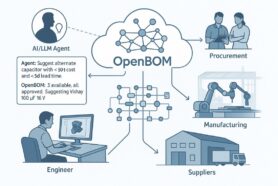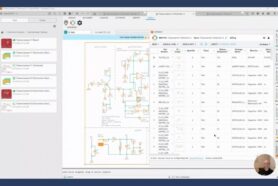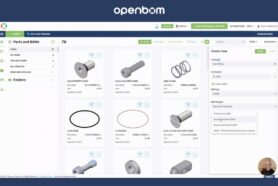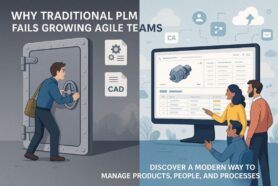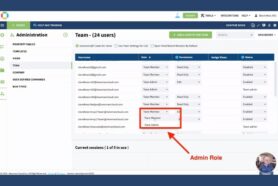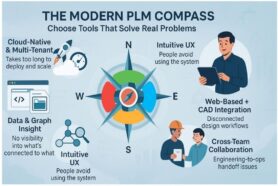
There are multiple ways to develop and manufacture your product. On both the development and manufacturing side, there are two ways. You can either contract the work to a third party or you can do it in-house.
If you decide to outsource the entire design and manufacturing of your product then you will need to search for a turnkey solution. In other words, a turnkey manufacturer is one who oversees all of the steps of the project from beginning to end. These steps include product design, prototyping, tooling, vendor selection, fabrication, assembly, QC, and more.
A turnkey solution does not have to have all of these capabilities in-house. However, they must manage the project and will be looked at as the project manager. Think of turnkey as a single key that you turn and you can start using the product.
So, why would you want a turnkey solution?
How To Streamline Product Development To Production Process
The greatest value you will see with a turnkey solution is the streamlined approach they take from development to production.
Let’s look at a contract manufacturer (CM). You hire a CM to manufacture your product. You do this because they have the right in-house production lines, supply chain, and overall capabilities to make your product.
Now since they have all of these capabilities, wouldn’t it make sense for them to offer a helping hand with development? Since they have the machines to make the part, they will cut the tools, and assemble the product, doesn’t it make sense for them to provide you with design support or design for manufacturing (DFM)?
If you want to see a streamlined approach from development to production, you should get your CM involved earlier since they will be responsible for making the product.
Faster Launch Time
When you bring in different companies to work on a project you bring in additional variables. The main reason you will slow down the launch time is that you need to transfer knowledge from one team to another. And through these transitions, you will have slowdowns and loss of efficiency.
If your CM is your turnkey solution then when they propose changes, it’s to improve the overall flow of the production line or to reduce potential quality defects. Since they have these machines, they know how to design the parts to optimize them in production.
There are also multiple stories of brands hiring a supplier in China to be their turnkey solution and they screw up the design that negatively affects the quality. However, the majority of the time this happens is because the brand did a poor job of choosing their CM.
Save Costs
If you bring a company a bigger piece of the pie, they will offer you a higher discount. If you contract multiple different contractors then your prices will most likely be higher because you will need to pay full price for their services.
What you need to calculate is whether their services outweigh their costs. If you work with multiple contractors then does their value outweigh the convenience of working with a turnkey solution.
What Can You Do Today?
Whether you are using a turnkey solution or not, you will need to manage all of this information. You will also need to make this data readily available to your team at all times.
A centralized platform that connects your team, contractors, and suppliers is your solution. This creates a single source of truth and eliminates mistakes.
OpenBOM is a cloud-based platform that manages your engineering and manufacturing data. Companies from startups to Fortune 500’s use OpenBOM to create a centralized database to bring in, store and manage their manufacturing data. With this infrastructure, users also use OpenBOM to streamline both their change management and PO processes.
If you need to improve the way you manage your data and processes, contact us today for a free consultation.
Regards,
Jared Haw
Join our newsletter to receive a weekly portion of news, articles, and tips about OpenBOM and our community.





